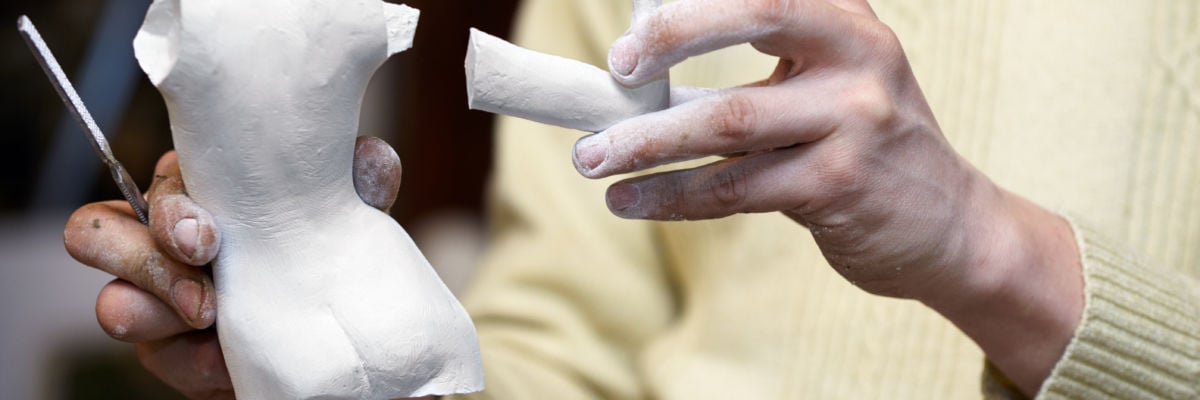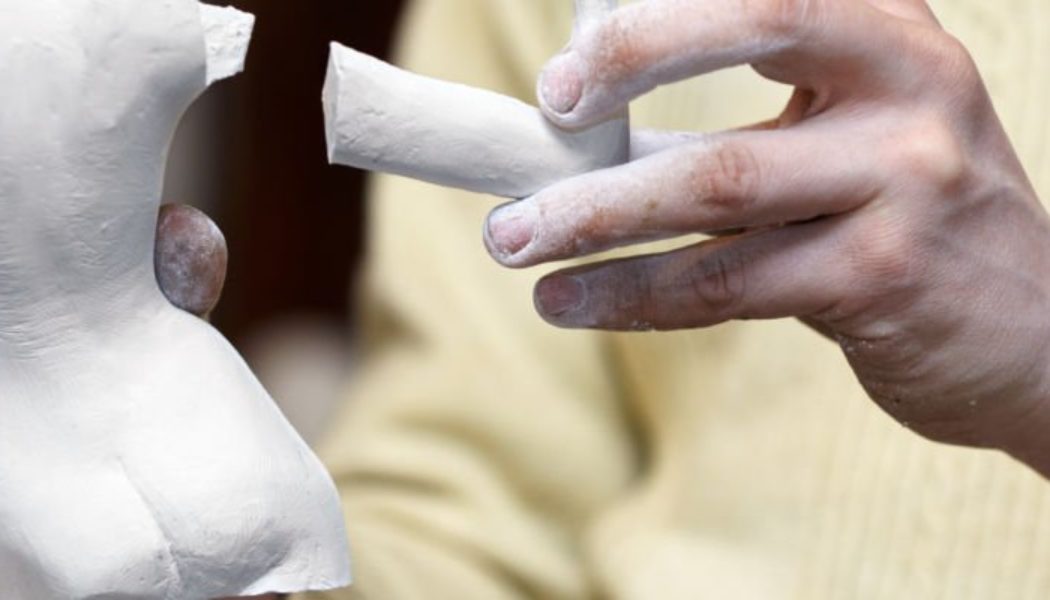
Within two weeks of one another, Alice von Hildebrand and Betty White passed away. Both women lived to the venerable age of ninety-nine years. Both were beloved in their respective spheres of influence. Both left a prolific legacy spanning many decades. Neither experienced biological motherhood.
The similarities of these two women end there. Indeed, the work and lifestyle and interests of one could be said to have been in direct opposition to the other: von Hildebrand exhorted Catholics to turn back from the rising tide of secularism, scientism, and irreverence that she witnessed crashing upon the shores of her lifetime, whereas White, professionally and personally, heralded these same surging cultural forces.
The entertainment culture in which Betty White worked was meant to be a bit (or a lot) irreverent, and White, known for her double-entendre humor, delivered what that culture demanded. From her more recent work—her music video debut in 2011, complete with lyrics like “I will get you sweaty ’cause I’m the big Betty”—and fondling a male statue at the Screen Actors Guild Awards, to her earlier role as man-devouring Sue Ann Nivens on The Mary Tyler Moore Show and Life with Elizabeth, devilishly grinning and shaking her head “no” as she was asked by the narrator after disappointing her husband in each episode, “Elizabeth, aren’t you ashamed?”, White was no stranger to irreverence. It was the humor device she used most often, keeping audiences and colleagues alike on their toes, wondering what she would say or do next.
For von Hildebrand, it was the twentieth-century growth and the twenty-first-century continuation of irreverence that were deeply and especially troubling. Like Plato, she believed that reverence is the mother of all virtues, that it places our thoughts squarely on where they should be. As creatures, reverence reminds us “that everything is a gift calling for gratitude toward the Gift-Giver,” that we aren’t to know—or act as if we know—everything because we are not made to. To believe, think, or act otherwise betrays our ingratitude toward our Creator and Sustainer, and the consequences are disastrous.
Von Hildebrand saw the gleanings of irreverence in the everyday—in the way Catholics approached the Eucharist with blasé familiarity, youths lacking respect for their elders, an overconfidence that a smartphone in our hand makes us self-sustaining know-it-alls, women abandoning their God-given calls to motherhood (spiritual and physical) for the underhanded promises of feminism. These are all indicators that von Hildebrand would point to as proof that, whether within the Catholic faith or outside it, the culture is decadent and decaying.
This is especially apparent in how women have begun to comport themselves. God provided a pattern for ideal womanhood—humility, piety, obedience, modesty, and most assuredly, reverence—and the woman who freely accepts this ideal and aims to fulfill it will ultimately be a woman oriented to God, full of beautiful dignity, and one worth emulating. Understanding this, von Hildebrand herself would pray each day, “Give me the grace to live up to my dignity as a woman.” But we have freedom to embrace the pattern or reject it, and so von Hildebrand expressed her sorrow for the woman “who has no more sense for the mystery of her femininity and never think that she is privileged to have a body identical in ‘architecture’ to the body of the holiest one among human creatures.” This wider, easier path not only orients women away from God, but seems to draw the attention and love of the broader culture as well.
During her many active decades, Betty White amassed a cult following of millions of fans across generations. Her rejection of traditional femininity increased her cultural appeal. In the weeks following her passing, tribute-writers adoringly noted this attribute. “She was TV’s original trailblazing feminist!” wrote culture expert Jennifer Keishin Armstrong. CNN’s Elizabeth Yuko celebrated White for consciously choosing not to have children with any one of her three spouses as a happy sign of her progressivism. Ryan Lintelman of the Smithsonian National Museum of American History wrote of White’s early work as challenging “the typical range and role of the ditzy housewife character with a winking self-awareness and proto-feminist irreverence,” and actor Ryan Reynolds endearingly asserted that, as a “typical Capricorn,” White was “out all night boozing and snacking on men.”
And what of our Catholic philosopher and theologian, Alice? Did the culture love her? The Catholic community who knew of her beautiful contributions to the understanding of our faith in modern times certainly did. But that sphere of influence is much smaller than the one Betty White inhabited. That makes sense, given the state of affairs—and von Hildebrand’s apropos lamentation of the lack of gratitude, reverence, and awe for our Creator that afflicts the secular world. For “every sin,” von Hildebrand wrote—“and metaphysical arrogance is a major one—brings with it its own punishment: modern man can no longer ‘marvel’ and has lost the art of rejoicing over the blinding fact that there are things greater than we are.”
White did not escape this sin of metaphysical arrogance. She spoke once with the late Larry King: “We all know everything about everything. My mother taught me this—we know the answers to everything, or we can find out the answers. But the one thing we can’t find out is what happens [at death.] . . . . What if it’s nothing? Then I won’t know that. . . . It’s a win-win situation.”
Von Hildebrand would strongly disagree:
Our mind-boggling technological progress has brought with it the curse of taking things for granted and assuming with blind stupidity that there is nothing we cannot know, nothing that [modern man] cannot master. Having a small gadget in his hand, one feels that he is the master of the universe. He can click on a button and have the world at his fingertips. Regretfully we never hear homilists say a word about the sin of being “blasé.” It is a sin because it is a consequence of ingratitude, because it is fruit of pride and metaphysical arrogance.
Alice von Hildebrand reminded us that the old ways, especially as they relate to God and faith, are the best ways. She exhorted us to hold fast to the tradition that has sustained us for thousands of years and appropriately orients us toward and prepares us for the beatific vision, to cultivate gratitude and awe in light of our smallness in comparison to the one who made us.
But it was Betty White’s brash and untraditional style that grew into a large and celebrated following.
If irreverence is the marker of a decaying culture, as von Hildebrand suggested, then what does that say about our time? The answer and the solution are obvious, at least to anyone who followed Alice and her work: a return to “the trembling reverence that animated Moses when he was told to take off his shoes” when he saw the face of God, and to let that reverence seep out, bleed into, embody, overflow in every aspect of our lives, within and outside of the walls of the Church.
Eternal rest grant unto them, O Lord, and let Your perpetual light shine upon them. May their souls and the souls of all the faithful departed rest in peace. Amen.
Join Our Telegram Group : Salvation & Prosperity








